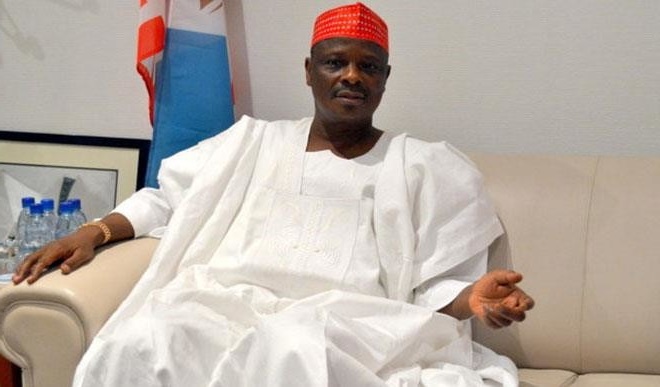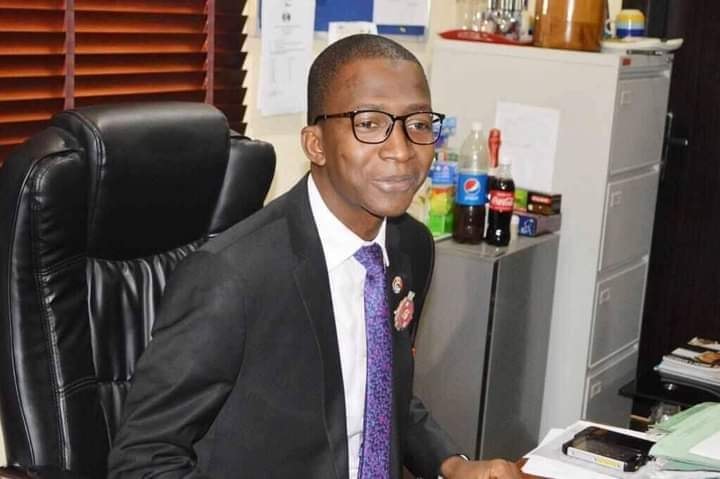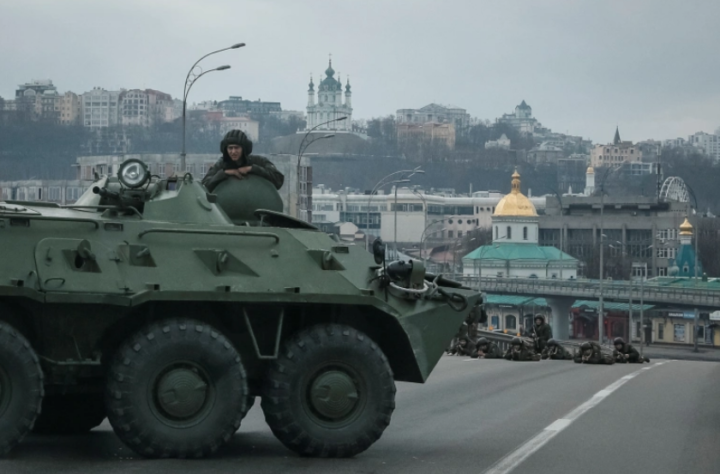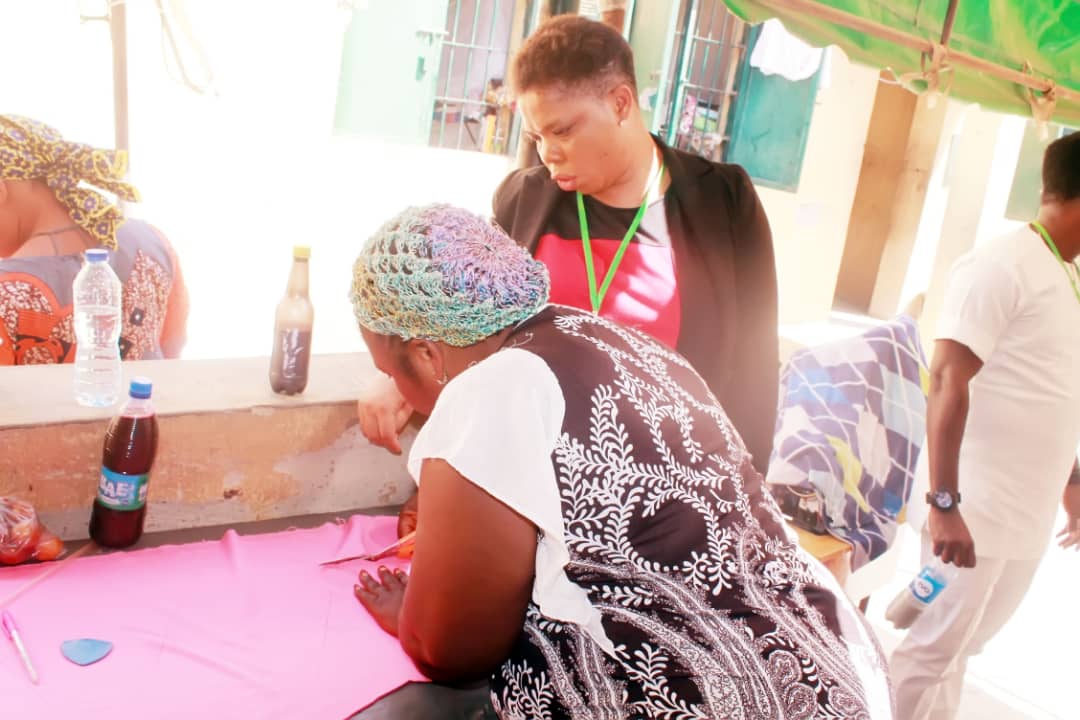BY CLAIRE MOM
While the world continues to suffer from growing tension stemming from Russia’s invasion into Ukraine, Nigeria, the country once called Africa’s giant, is fast sinking into an abyss of destruction.
The ongoing fuel scarcity that has plagued major cities across the country did not just become a nightmare overnight. As a matter of fact, the Nigerian government teased its citizens with a taste of what would later become agonising by removing fuel subsidies in November 2021.
Thankfully, every cloud has a silver lining. That same month, the Nigerian government announced a N5000 ($12) per month transportation grant to the poorest citizens. Now, the problem is 82 million, or about 40%, of Nigeria’s 206 million population live below the poverty line. The chances of me knowing at least one person out of the poorest 82 million Nigerians is very high. And yet, I do not know anyone who has received the very generous transportation grant. Weird.
Advertisement
As accessing fuel has become a problem, the natural consequence is a hike in transportation fees. “My transportation fare has risen by N200 daily. It may not seem like much, but if you calculate what I’ve been spending, it’s way above my budget,” an Abuja resident who requested anonymity lamented to me.
The rich do not have it easy either.

Advertisement
Those who try to avoid the never-ending queues at filling stations by patronizing ‘black market’ fuel sellers trade their car parts as a price.
But that’s not all. The hope for an average Nigerian to eat three decent square meals keeps diminishing daily. It seems as though bread, one of the cheapest food items, cannot escape the grasp of Nigeria’s frequent visitor, inflation.
“The prices for everything have doubled. We used to sell a sachet of tomatoes for N60, but now we sell it for N120. Some people will even sell it at N150. Egg prices have doubled and even water has increased in price. We don’t plan to sell it expensive on purpose – it’s because of the rates we buy it at. The government is not doing anything to help us either,” Joy Nkem, a local trader at Utako market told me.
Again, that’s not all. While electricity has never been a luxury in Nigeria, the nation’s capital Abuja has never been subdued to such acute austerity. While some areas are blessed with a generous six-10 hours power supply every two days, some areas are unfortunate enough to wait for those two days to pass before getting power.
Advertisement
How does a country that supplies power to three other West African countries lack electricity? The maths doesn’t add up.

To put the cherry on top, Nigeria’s national assembly is passionately pushing for gender inequality as a way to mark International Women’s Month.
Let me explain. 208 out of 290 members of the house of representatives and 58 out of 91 senators voted against providing additional seats for women at the national assembly and denying women affirmative action in party administration and leadership. What this means is there will be no favour for women either in political parties or leadership positions. Also, a bill denying citizenship to foreign-born husbands of Nigerian women was passed. Bear in mind that the foreign wives of Nigerian men are awarded automatic citizenship.
Advertisement
The country’s priorities are very alarming considering how the education system is in shambles. The Academic Staff Union of Universities (ASUU) has been on a strike owing to the government’s failure to meet up their demands, leaving thousands of university students across the country out of school. To remedy the situation, Nigeria’s minister of education thought it best to walk out on protesting students.
To assist his colleague, the minister of labour said the federal government does not have the funds to meet up the demands of ASUU.
Funny how the government doesn’t have the funds to propel education but can donate $1 million to Afghanistan as a humanitarian act. Whatever happened to “charity begins at home”?
Advertisement
Where is the president while his country goes up in flames, you ask? Away in London on his regular medical trip. I wonder what is wrong with the healthcare system in Nigeria.
Mom is a Nigerian journalist notable for her strong unconventional opinions that cut across health, development, religion, and social issues. She can be reached via [email protected] or @speakclairely_ on Twitter
Advertisement
Views expressed by contributors are strictly personal and not of TheCable.
Add a comment






